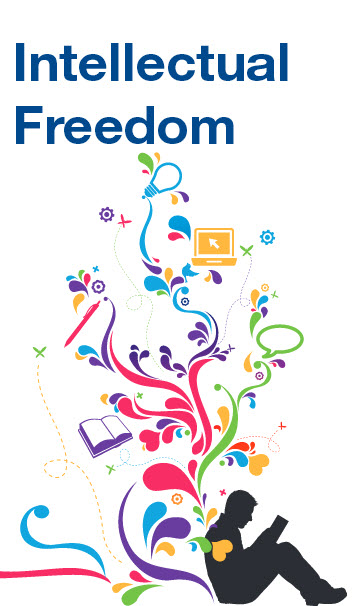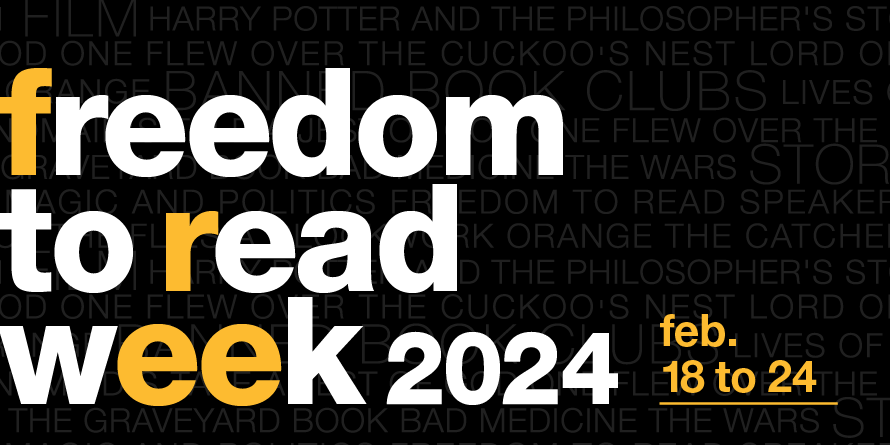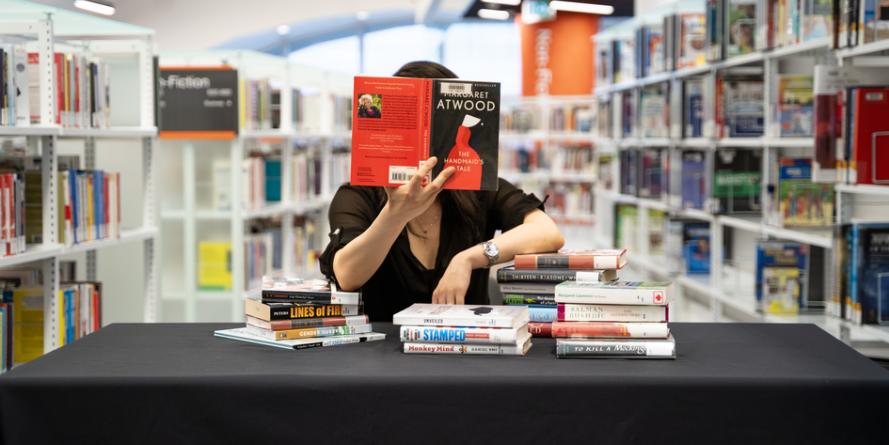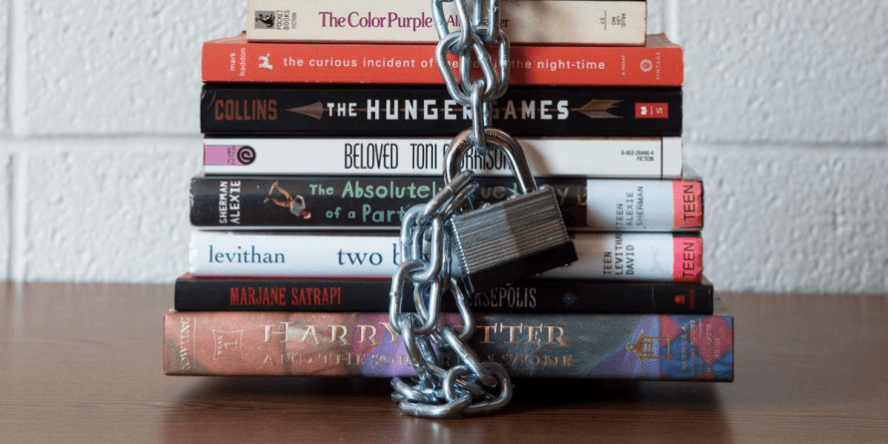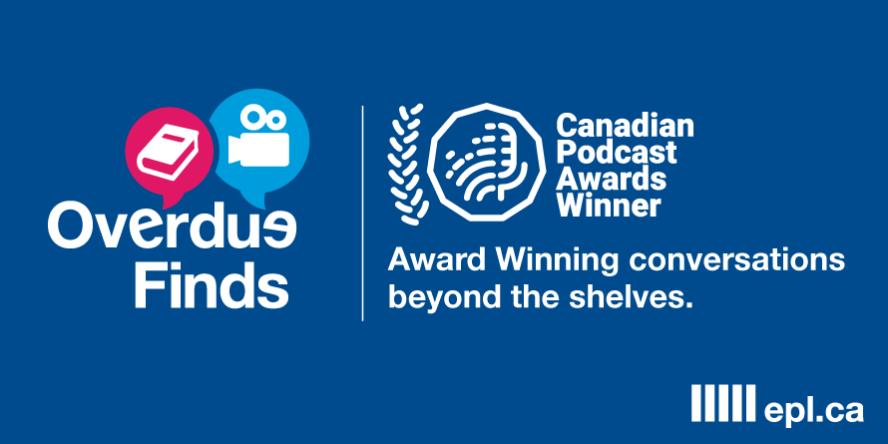Freedom to Read
Freedom to Read Week (Sunday, Feb. 18 to Saturday, Feb. 24) is an annual event that encourages Canadians to think about and reaffirm their commitment to intellectual freedom.
Get Involved
Whether you're an educator, student or member of the community, there are lots of ways you can help mark this annual event!
Freedom to Read Week is celebrated every year during the last week of February, a time when we are encouraged to reflect on intellectual freedom. Upholding the community’s right to read is a year-round responsibility at libraries. Books are challenged and even banned in Canada and around the world.
Internationally acclaimed author, Lawrence Hill, discusses how his own writing was challenged and shares some of his favourite banned books.
Books, magazines, newspapers and other materials are challenged and banned in Canada and around the world all the time. Each challenge has sought to limit public access to materials in schools, libraries or bookstores.
Even the Edmonton Public Library has received challenges to material in our collection which you'll see in the lists below.
Freedom to Read - Featured
Freedom to Read: A cornerstone of our democracy
Banned and Challenged Picture Books
Overdue Finds Podcast: Banned Books
Request for Reconsideration of Library Material
From time to time, we receive customer concerns about a specific title or type of material selected for, or removed from the collection. When a concern is shared, it is taken seriously as we want to make certain that the fundamental principles of intellectual freedom are upheld. Read through our Customer Request to Reconsider Library Material policy and how you can submit a request for reconsideration of library material.

Events
Sounds from the Valley: Tiffany Sparrow
Short Comedy Videos Workshop
With over 260,000 Edmontonians enjoying our services regularly, our customers come from a rich mixture of cultures, representing over 36 countries from around the world, each holding a diversity of opinions and beliefs. One of the vital community roles the library plays is to protect the Intellectual Freedom of our many customers, including yours.
"Libraries have a core responsibility to safeguard and facilitate access to constitutionally protected expressions of knowledge, imagination, ideas, and opinion, including those which some individuals and groups consider unconventional, unpopular or unacceptable. To this end, in accordance with their mandates and professional values and standards, libraries provide, defend and promote equitable access to the widest possible variety of expressive content and resist calls for censorship and the adoption of systems that deny or restrict access to resources." — Canadian Federation of Library Associations
EPL strongly supports this statement and supplies a wide range of materials allowing for individuals to use them without obstruction and to develop their own informed opinions and ideas.
"Intellectual Freedom is the right of every individual to both seek and receive information from all points of view without restriction. It provides for free access to all expressions of ideas through which any and all sides of a question, cause, or movement may be explored. Intellectual freedom encompasses the freedom to hold, receive, and disseminate ideas." — American Library Association
